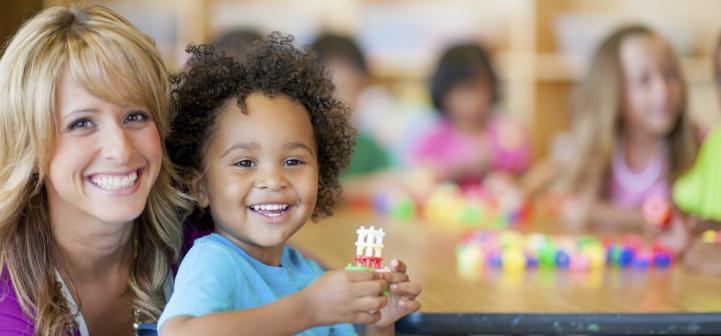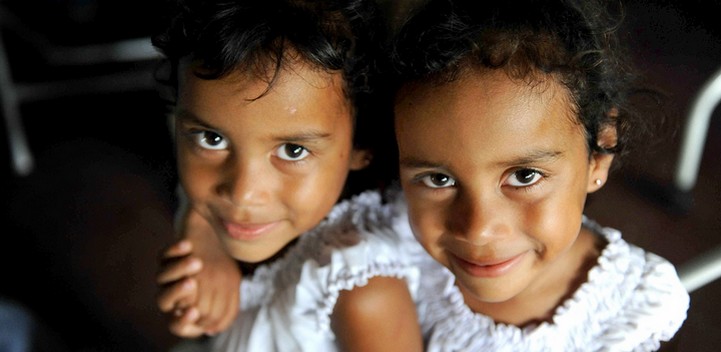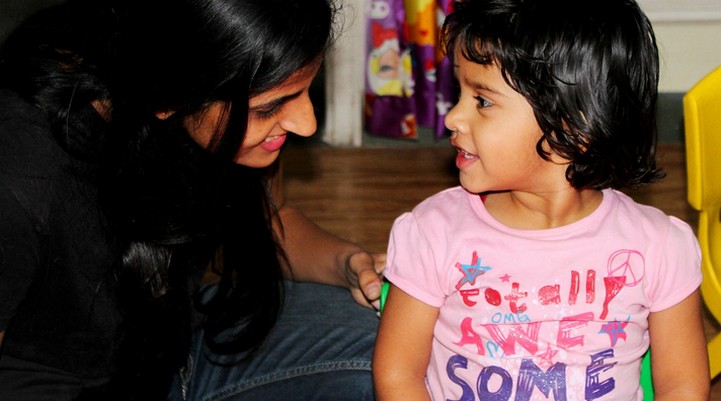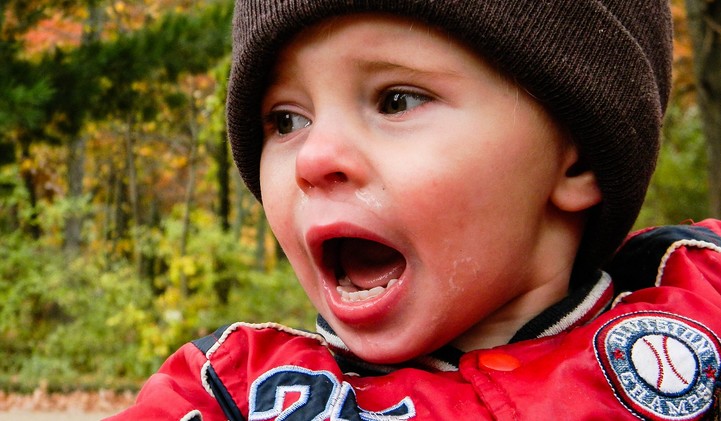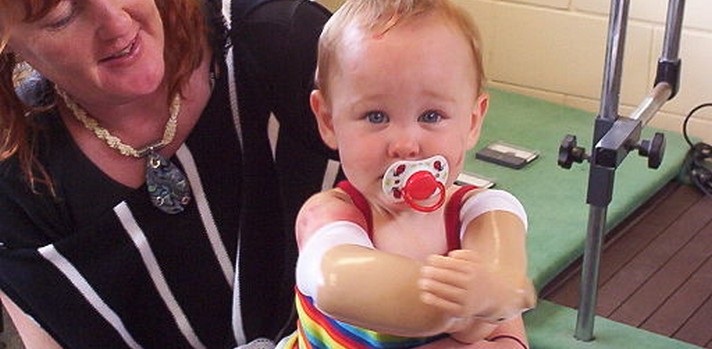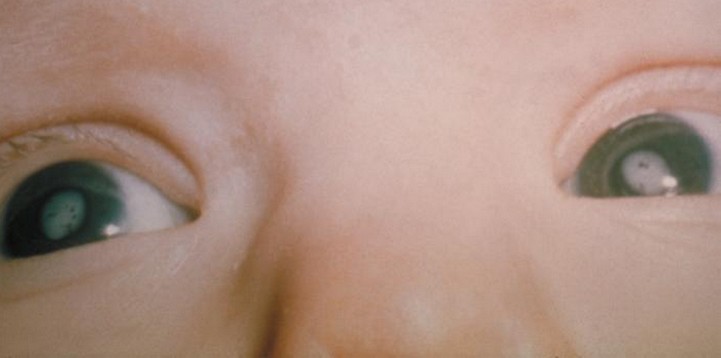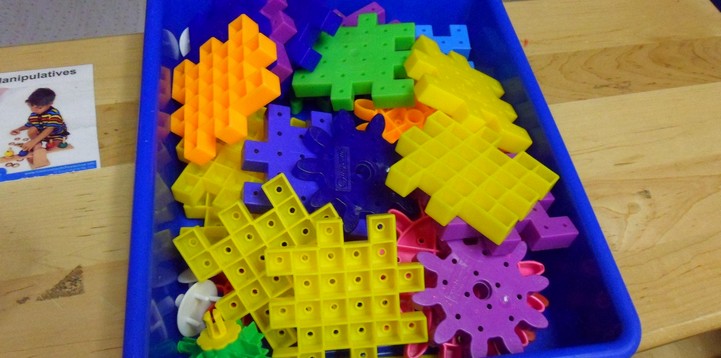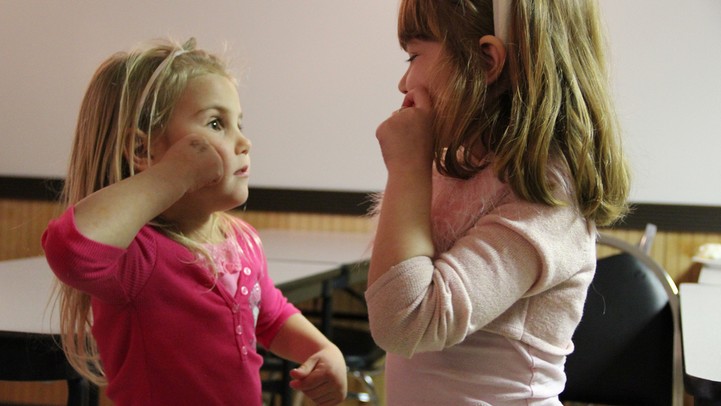
Being a child care provider means doing your very best to provide excellent care and learning opportunities to young children, including those with disabilities and other special needs. A recent study has found that child care providers who have experience and training in caring for children with special needs along with typically developing children find it challenging, but also rewarding, to be able to provide such a valuable support to these families.*
Added Challenges for Military Families
Providing valuable support …
